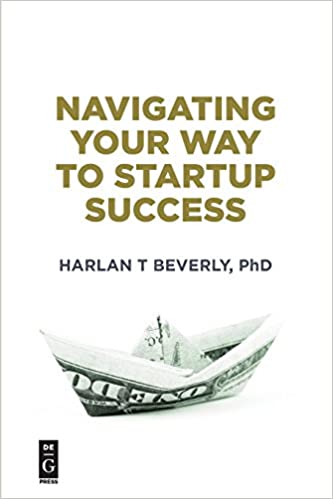Character & values (principles) are old fashioned. Even modern day self help books (some that I love, including The 7 Habits of highly effective people) barely touch on the subject. They say it is lacking, but cannot name the principles & values and what they are… let alone how to improve them. What is equally missing is any true role models of values who not only live by their values and do business by them, but also who have been successful beyond measure. One such character in history has done so, and his great example is more than inspiring: Benjamin Franklin, whose amazing autobiography lays out not only a definition of the values and character that are essential to success, but how to improve them and succeed at business along the way!
Here are his 13 values (from his Autobiography)
1. TEMPERANCE. Eat not to dullness; drink not to elevation.
2. SILENCE. Speak not but what may benefit others or yourself; avoid trifling conversation.
3. ORDER. Let all your things have their places; let each part of your business have its time.
4. RESOLUTION. Resolve to perform what you ought; perform without fail what you resolve.
5. FRUGALITY. Make no expense but to do good to others or yourself; i.e., waste nothing.
6. INDUSTRY. Lose no time; be always employ’d in something useful; cut off all unnecessary actions.
7. SINCERITY. Use no hurtful deceit; think innocently and justly, and, if you speak, speak accordingly.
8. JUSTICE. Wrong none by doing injuries, or omitting the benefits that are your duty.
9. MODERATION. Avoid extreams; forbear resenting injuries so much as you think they deserve.
10. CLEANLINESS. Tolerate no uncleanliness in body, cloaths, or habitation.
11.TRANQUILLITY. Be not disturbed at trifles, or at accidents common or unavoidable.
12. CHASTITY. Rarely use venery but for health or offspring, never to dulness, weakness, or the injury of your own or another’s peace or reputation.
13. HUMILITY. Imitate Jesus and Socrates.
In my opinion all 13 are of high value, but in business, Frugality, Industry, Resolution, Order, and Sincerity are of the highest Importance. It’s not enough to agree. You have to practice every day.
#13 (Humility) is one of the hardest to follow in our society today…. I’ll save it for last.
In the mean-time, I’ll track my weekly progress, successes and failures, as I focus on practicing 1 of the above values, in turn, just as Benjamin Franklin did over 200 years ago.








